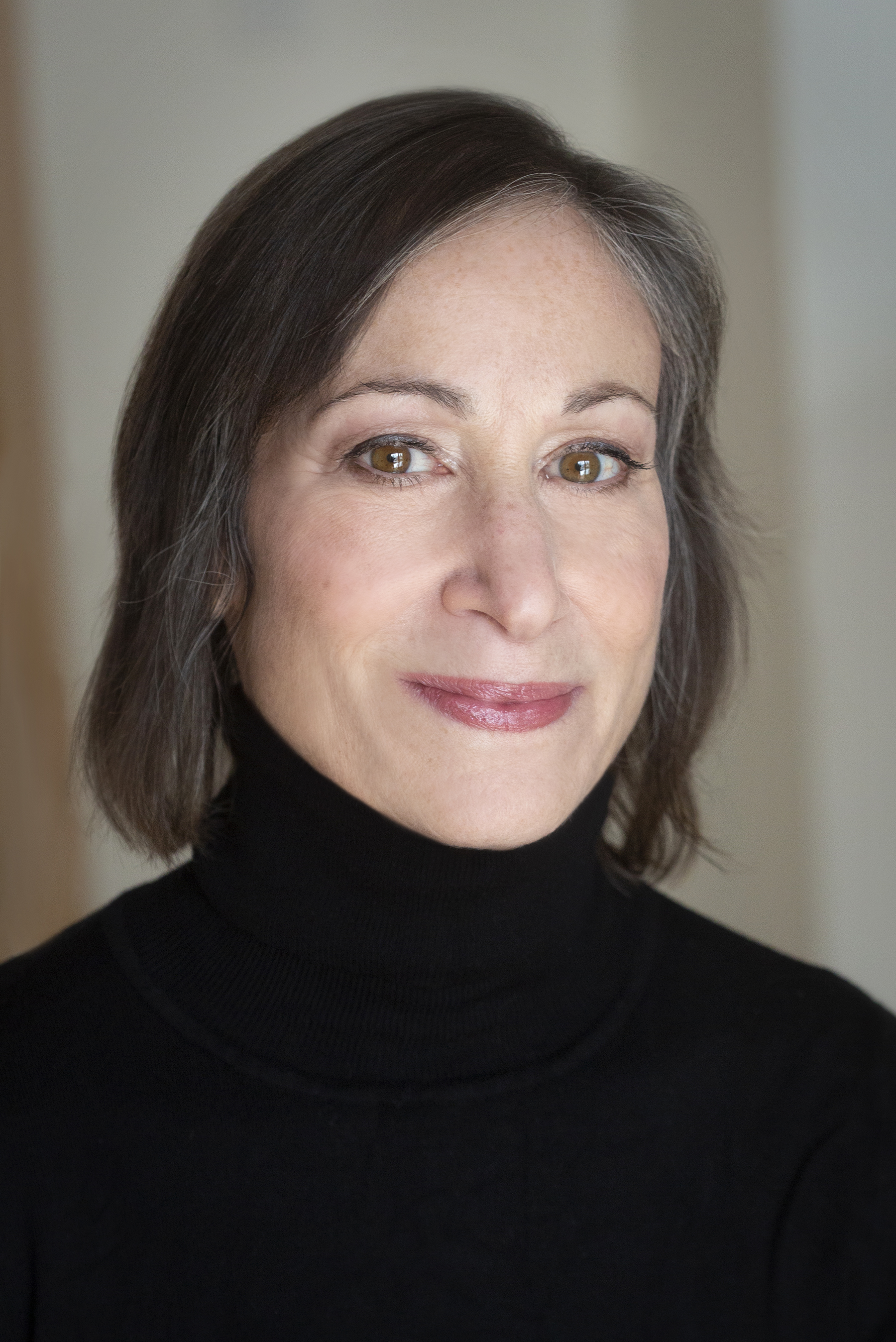This week’s parashah, Pinchas, addresses the census taken as the Israelites were poised to enter the Promised Land. With a few exceptions, the census lists only men. However, it does mention Zelophehad’s daughters, as he had no sons. The story of these five unmarried sisters—Mahlah, Noah, Hoglah, Milcah, and Tirzah—is somewhat amazing for the time. These women challenge the inheritance system, thereby allowing brotherless daughters to inherit parental property. In this process, these women create a legacy for future generations, as they change the course of community practice in their time. Not only do the daughters receive the promise of land, but the law is amended, and the sisters are given possession of the land they inherit.
The daughters make their claim for property by knowledgeably arguing the importance of family, and their desire for continuity of their father’s name. They demonstrate the importance of continuing connections to their community and family. God’s response to the sisters’ request is: “The plea of Zelophehad’s daughters is just . . .” (Numbers 27:7). God issues a law that applies to all women in the same situation. In this way, the sisters’ request benefits other women, going forward. The right to own land gives these women and others an independence they would not otherwise have had, as they no longer need to rely on men for economic support.
As a 21st Century woman—a daughter, sister, wife, friend, mother of two daughters, and a teacher—I like to think that I can also work toward creating a legacy of sorts. It is hard work. This past year has presented personal challenges, as my 93-year-old father had a sudden fall, changing his lifestyle, as well as mine. As a result, I have spent the past months thinking daily about the legacy I leave, as a woman with responsibilities pulling me in different directions.
Just as in this parashah, my concerns are informed by my belief in the importance of connection, and therefore, I also think daily about my responsibilities to my community. Just as the Israelites faced uncertainty in a time of transition, as they prepared to enter the Promised Land, it seems that we also live in a time of uncertainty. I remember well the feelings I had while marching in New York City this past January with my WRJ sisters, to support the rights of women and others. Parashat Pinchas shows women who challenge community practices, and bring about change. This story gives us hope. If Zelophehad’s daughters, women who had so little power, were able to courageously challenge society’s customs, so can we. Those five sisters took it upon themselves to create law, and it is imperative upon us to also work to challenge those community practices that are unjust, and work to change existing law as needed.
As members of WRJ, we have so many opportunities to speak up about injustice. WRJ women work tirelessly in their efforts to support tikkun olam, repairing the world. Although we are inspired by Jewish traditions and values, our work helps to advance equality and justice throughout the world. These efforts include advocacy on the issues of immigration, women’s rights, civil rights, health concerns, and economic justice, amongst others. It is through this work that we can be proud we will leave a legacy, not just for ourselves, but also for future generations. Just as Zelophehad’s daughters had hope, we too must have hope that our efforts will result in a more just world.
Judy Wexler is a past sisterhood and synagogue president at North Shore Congregation Israel in Glencoe, Illinois. She is a WRJ Board member and Recording Secretary of WRJ Midwest District.
Related Posts

Parashat Yom Rishon shel Rosh HaShanah

Cultivating a Culture of Accountability and Belonging


